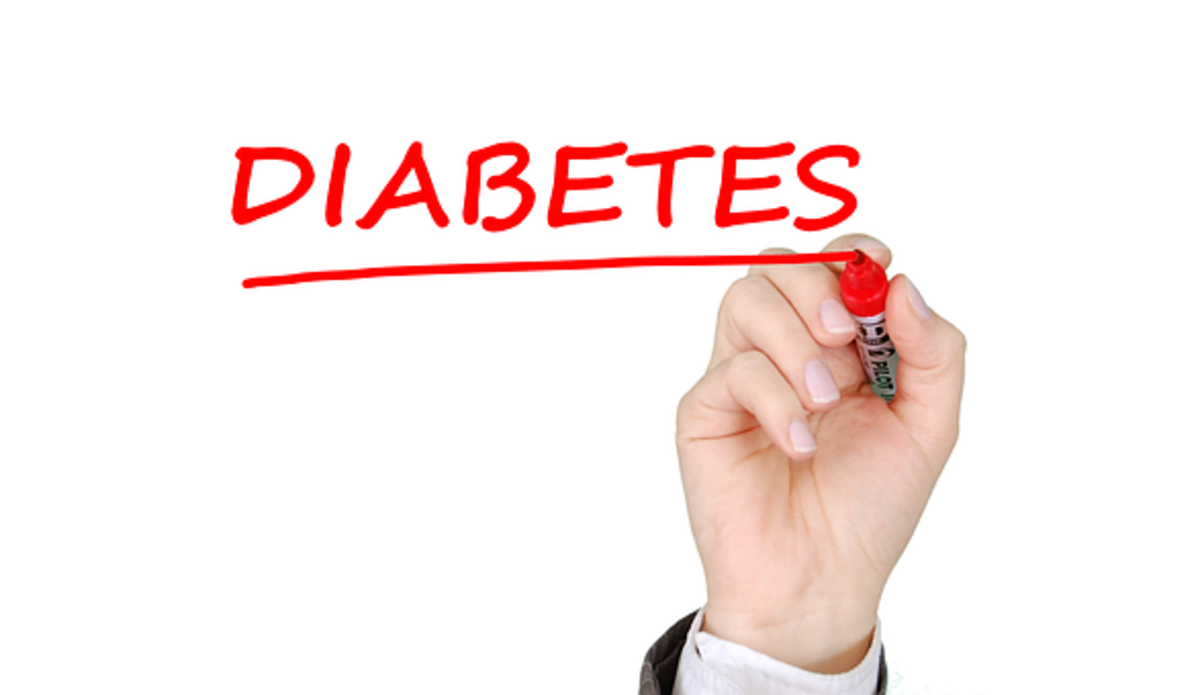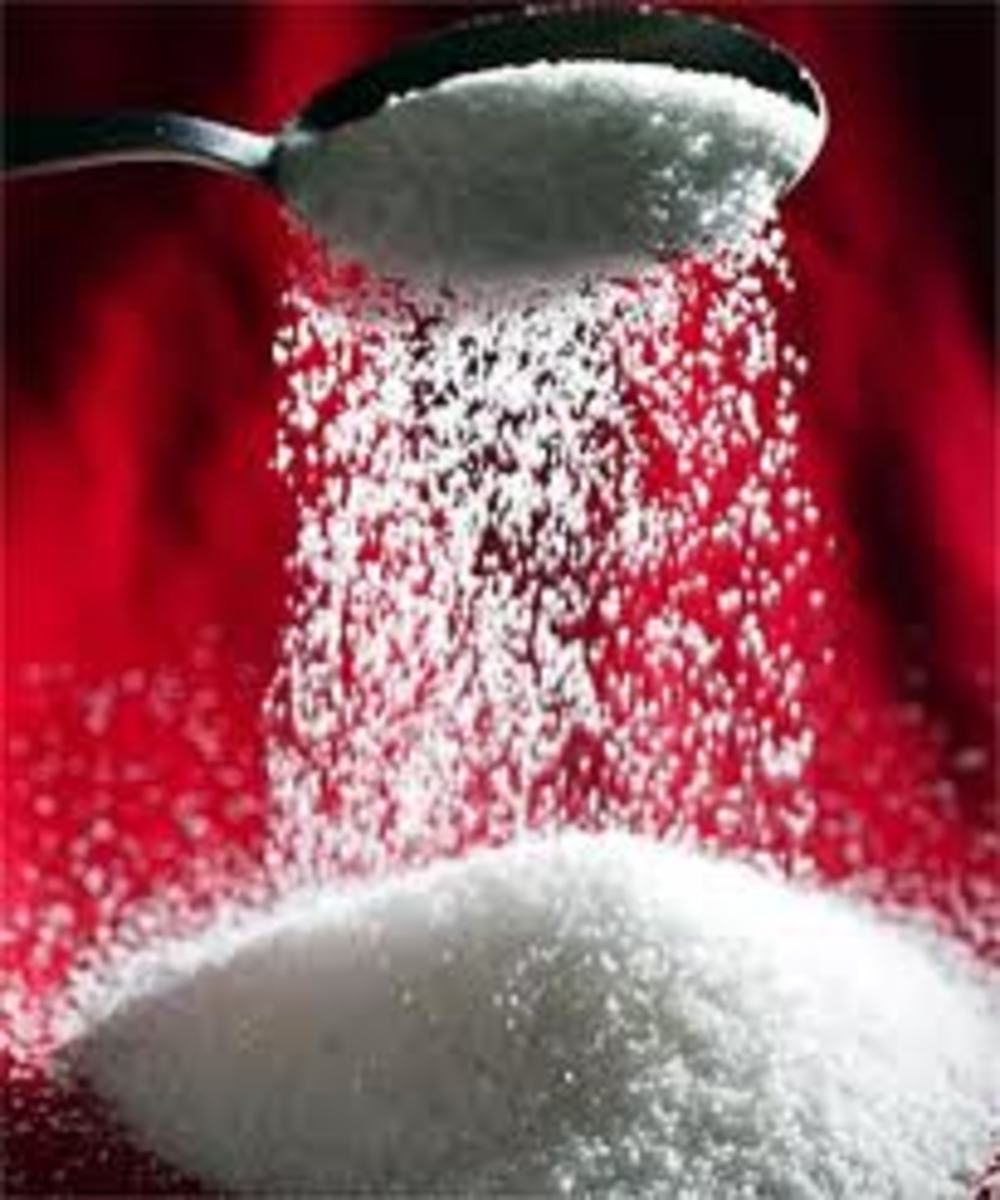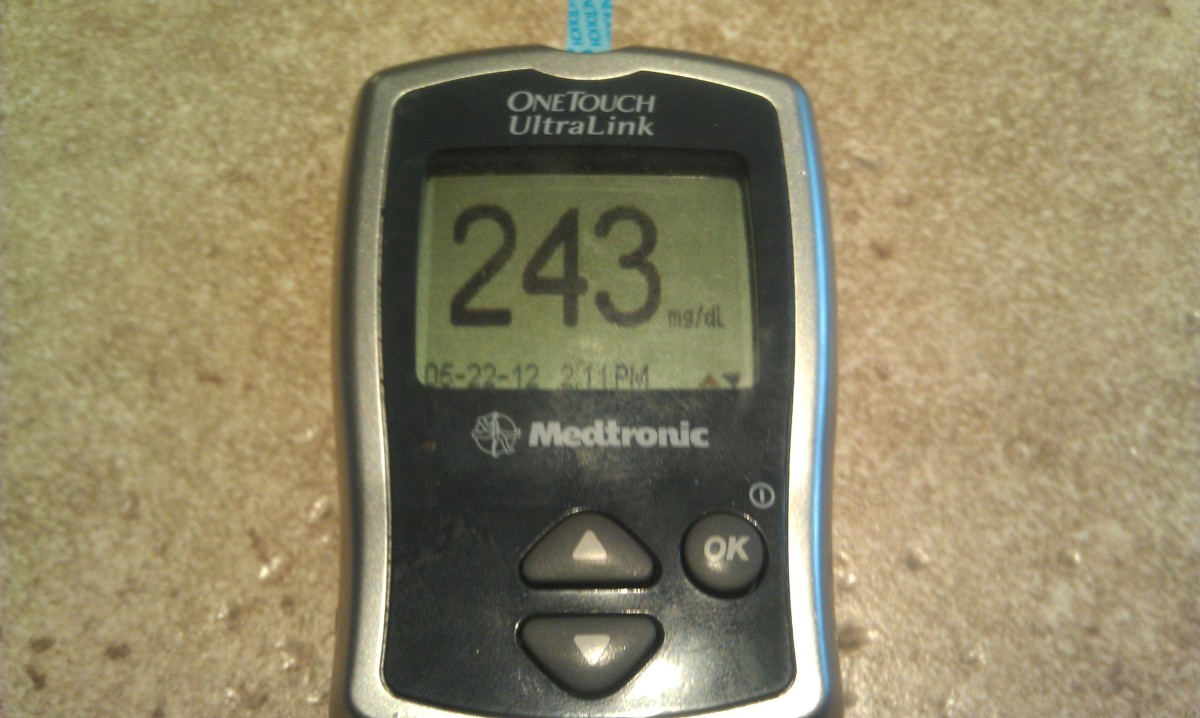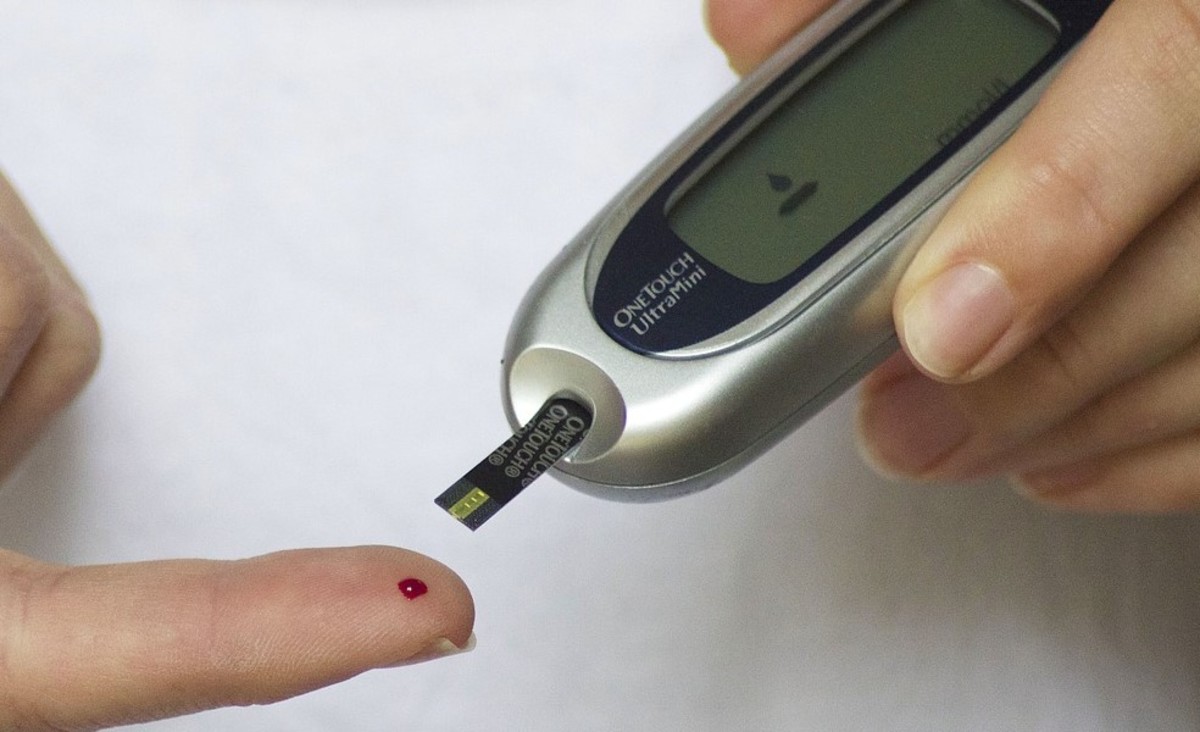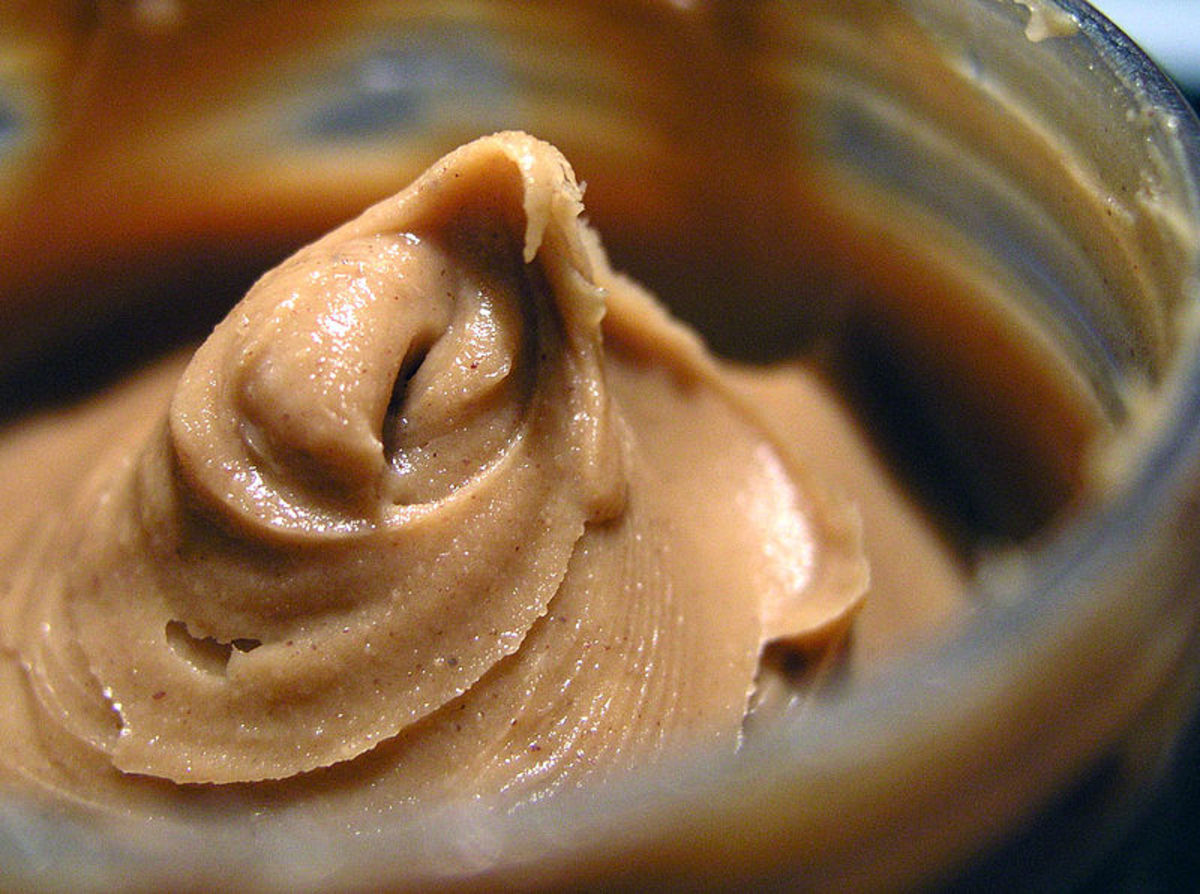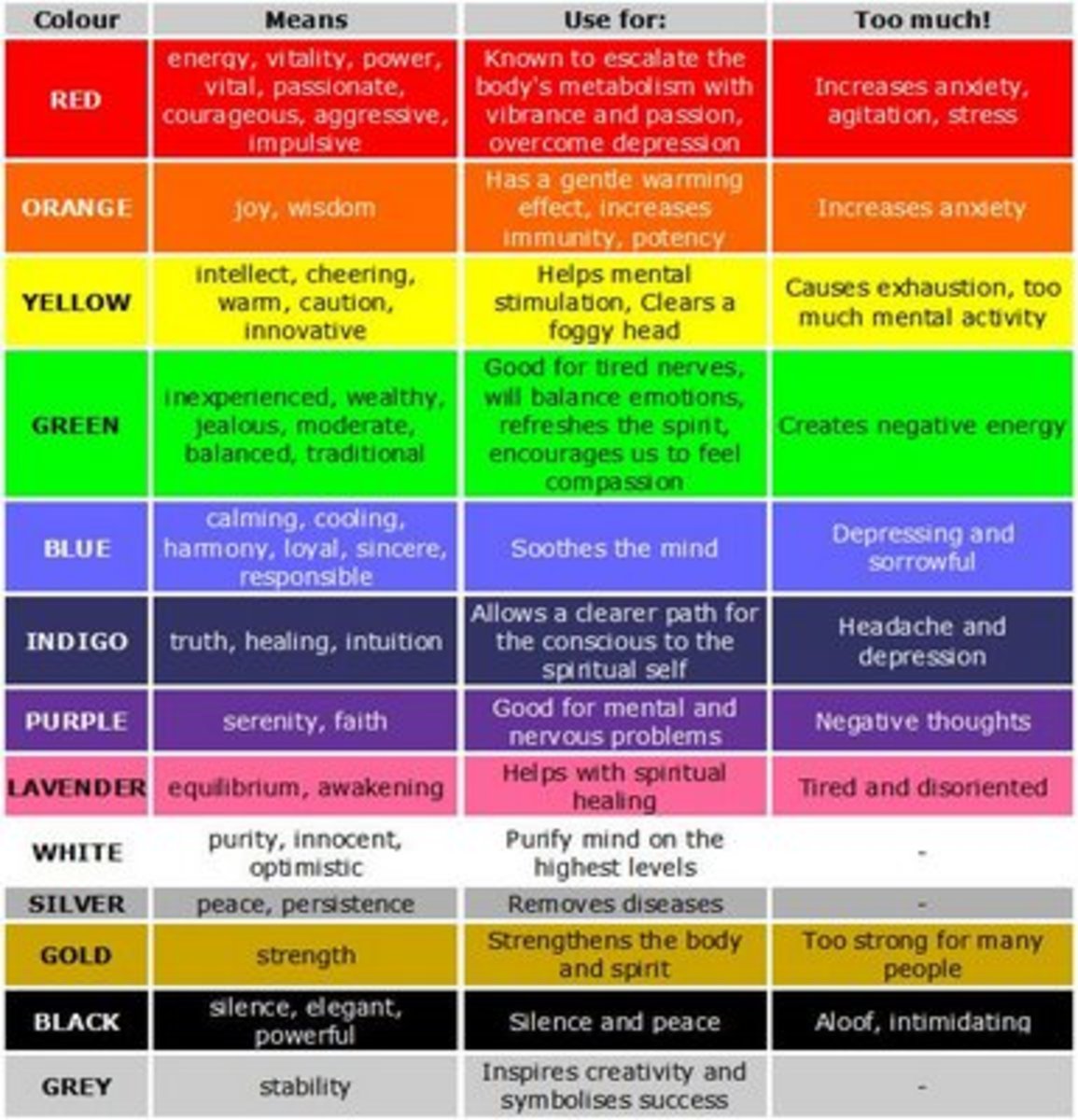Hypoglycaemia - A Natural Approach
Blood Sugar Regulation
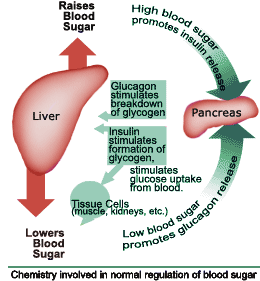
Signs and Causes of Reactive Hypoglycaemia
Hypoglycaemia is one of the most common disorders in the developed world. It is more common in older people, and can mimic all manner of other medical problems.
Signs and symptoms of hypoglycaemia include nervousness, irritability, depression, fatigue, dizziness, trembling, blurred vision, nausea, hyperactivity, cold extremities, fainting and panic attacks. As can be seen, these signs and symptoms are shared with many other medical problems.
Reactive hypoglycaemia, as discussed in this article, is a problem in which intake of sugar is followed by an unusually large rise in blood sugar level, followed by an unusually large decrease. The way this shows up is for someone with this problem to be hyperactive shortly after ingesting easily-available carbohydrate such as fizzy drinks (“sugar rush”) followed by a crash in which, at the extreme, people may actually faint or pass out.
Discussion
The body, and especially the brain, needs in normal conditions a steady supply of glucose in order to function. The function of glucose can be taken over by substances called ketone bodies derived from fat, but this only happens in extreme circumstances such as extended periods of starvation or uncontrolled diabetes. The characteristic sweet smell of a diabetic’s breath derives from acetone, which is a breakdown product of these ketone bodies. (The reason for this is that a diabetic, although he or she may well have very high blood sugar level indeed, cannot make use of it so fat has to be used.)
This steady supply of glucose comes from various sources; the most obvious is dietary carbohydrate in the form of starches and sugars, but the body can also form small amounts by breaking down proteins and also in limited amounts from fat, in a process called gluconeogenesis. There is also the possibility of supplying glucose from storage; the body stores, in the liver and muscles, a small amount of a substance called glycogen, chemically similar to starch, which is made up of glucose units.
There are two main hormones involved in blood sugar control, called insulin (the familiar one) which takes glucose out of the blood and the less familiar glucagon, which releases it. Blood sugar level is normally kept within a fairly narrow range. When carbohydrates are eaten and digested, the resultant glucose gets into the bloodstream and insulin levels rise to accommodate it. When you haven’t eaten for a while, or if vigorous exercise is started, blood sugar level falls and glucagon is released which in turn raises blood sugar level.
Most natural sources of carbohydrate release their sugars fairly slowly, because the food has to be digested first. The problem with this arrangement arises when a diet high in easily available carbohydrate is eaten; this causes a sudden large rise in blood sugar and a large rise in insulin because of it. Unfortunately, in people with hypoglycaemia the insulin is still there when the sugar levels get back down to normal and this causes blood sugar level to become abnormally low.
There is another substance in the body, called glucose tolerance factor, which works by making insulin more effective in its action. This substance, usually abbreviated as GTF, contains chromium; unfortunately, the body isn’t all that good at recycling chromium, which is therefore used up. This is made worse by the fact that the foods that raise blood sugar to an unusual degree are also very low in chromium.
Very low blood sugar levels can be dangerous because the energy is needed; the lack of sugar leads to various symptoms, mentioned above. Unfortunately, very high blood sugar levels are also dangerous; the problem here is rather longer -term. Excess glucose causes damage to the arterial walls, the kidneys, the myelin sheaths of nerves, the eyes and the red blood cells. In turn, over a long period this can lead to heart and other vascular disease, cataract and neuropathy; all these are more common in people who have diabetes.
This fluctuating blood sugar level also causes another problem. One of the effects of adrenalin is to trigger release of sugar into the blood; accordingly, if the blood sugar level gets low enough it causes a release of adrenalin. If this happens frequently enough for long enough, the adrenals become exhausted causing extreme fatigue.
Natural Remedies for Hypoglycaemia
The aim in using natural remedies for hypoglycaemia is to reduce the wild swings in blood sugar level that cause the problem. This can be done by changing the diet; sometimes, however, some supplements can also help.
Diet
· A diet to help hypoglycaemia will include less carbohydrate in general, and the carbohydrates consumed will be slow-acting. The rules are:
· Eat little and often; six small meals per day are better than three large ones.
· Eat a good breakfast, and eat a small snack just before retiring at night; an example of the latter would be a couple of slices of wholemeal toast.
· Completely avoid refined carbohydrates; sugar, fizzy drinks, biscuits, white bread, white pasta, white rice, peeled potatoes.
· Substitute the above with whole grains, particularly oats.
· Eat plenty of vegetables.
· Eat fruit only with meals containing protein.
· Avoid honey and undiluted fruit juices; both contain massive amounts of readily-absorbed sugar.
Supplements
· Chromium (as picolinate or polynicotinate) 200-400 micrograms per day.
· Magnesium 500mg per day.
· B complex (for carbohydrate metabolism and adrenal support)
· Zinc (as chelate or picolinate)15-20 mg per day.
(Zinc and magnesium are both involved in the production and use of insulin.)

